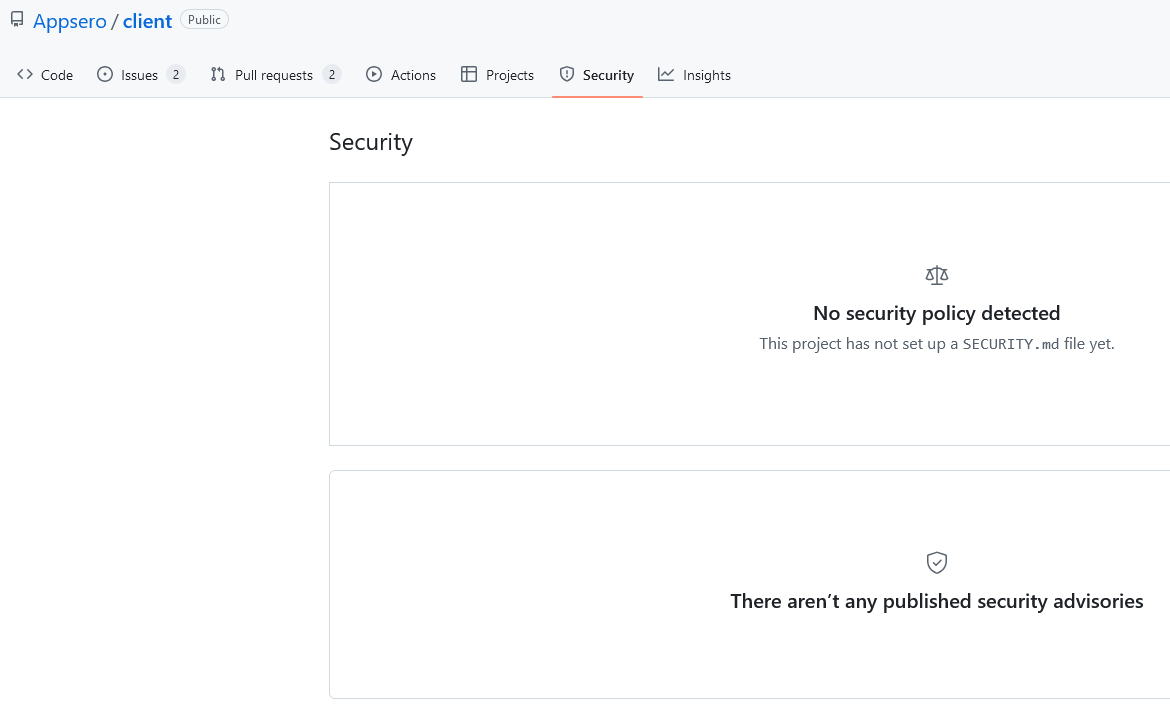Automattic’s Matt Mullenweg Basically Admitted on Reddit That He Was Trying to Extort WP Engine
After days of WordPress and Automattic head Matt Mullenweg attacking a competitor of Automattic, WP Engine, there was a response from WP Engine as to what was going on here. That came in the form of a cease and desist letter they released yesterday. In that, the legal counsel for WP Engine, Emanuel Quinn, made this stunning set of claims in the second paragraph of their letter:
Stunningly, Automattic’s CEO Matthew Mullenweg threatened that if WP Engine did not agree to pay Automattic – his for-profit entity – a very large sum of money before his September 20th keynote address at the WordCamp US Convention, he was going to embark on a self-described “scorched earth nuclear approach” toward WP Engine within the WordPress community and beyond. When his outrageous financial demands were not met, Mr. Mullenweg carried out his threats by making repeated false claims disparaging WP Engine to its employees, its customers, and the world. Mr. Mullenweg has carried out this wrongful campaign against WP Engine in multiple outlets, including via his keynote address, across several public platforms like X, YouTube, and even on the WordPress.org site, and through the WordPress Admin panel for all WordPress users, including directly targeting WP Engine customers in their own private WordPress instances used to run their online businesses. [Read more]

